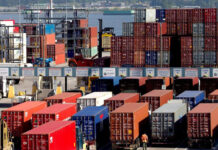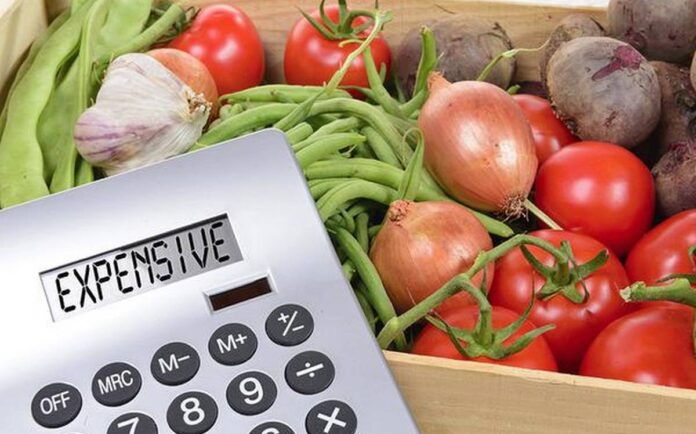PESHAWAR: Rising food prices have reduced the purchasing power of the common man in Khyber Pakhtunkhwa (KP), as household budgets have been disrupted due to daily hike in the prices of essential commodities.
Mohammad Imran, a school teacher in Peshawar, told Profit that the incompetence of the government and district administrations across the province has forced the people to go on a ‘forced hunger strike’, adding that the government authorities have complete failed to control inflation.
“The recent price hikes have impacted the salaried class, who are now indebted to traders,” he stated.
Meanwhile, sources informed flour prices are rising on a daily basis across the province despite its availability in the market. “In the past, its price was increased due to shortage, but strangely, prices still remain out of control despite ample stock this time around,” an insider stated.
Talking to this scribe, Rehan Khan, a daily wager, said he barely earned Rs500 by working all day, which makes it difficult to buy one-time meal for the house. “A 20kg bag of flour costs more than Rs1,400 while sugar is being sold at Rs110 per kg.”
He said if the prevalent trend continues, the labour class will find it difficult to feed their children and be forced to commit suicides.
The district administration in KP, however, has kept a mum on the entire process to check the food inflation in the markets. It also refutes the claims of the provincial government that officers will be made accountable for non-implementation of government’s directives issued to control inflation.
In Peshawar, besides the increase in flour prices along with other food items, milk has crossed Rs130 per kg, while the price of common rice has increased to Rs140 and spices by Rs30 to Rs40.
In the provincial capital, tomatoes have gone up to Rs120 while potatoes to Rs100 per kg; old red potatoes are being sold at Rs80 per kg and old yellow potatoes at Rs70 per kg.
The increase in prices of edible items has also led to a decline in the purchasing power of common man, creating problems for small traders and shopkeepers.

























